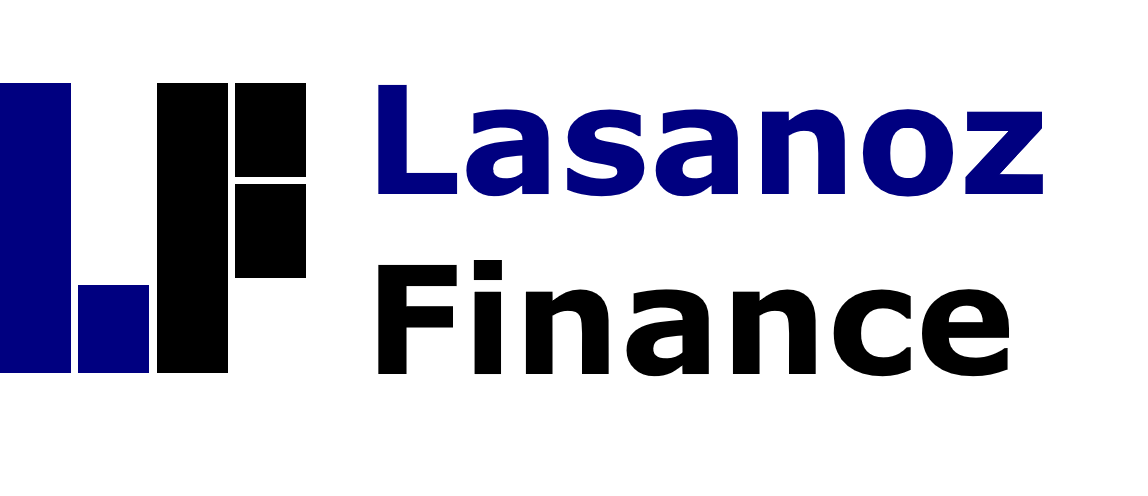““When NASPERS sought to acquire leading internet assets in Poland and CEE in the mid-2000’s, we teamed up with Alex/Matt and the LF team time and again, to great effect. They also did a great job, alongside Citi, in helping achieve our leading position with Group Mail.ru in Russia pre-IPO.””
Long before Spotify, there was a US company that sought to create a streaming and music-file-sharing platform, called Napster. It was finally shut down in 2002 by the music industry’s legal challenges over its insufficient regard for copyrights.
Like many people after us, we were therefore a little confused when we received a call by the head of M&A of Naspers in 2006, asking us whether we might assist them to buy Poland’s leading instant messaging platform Gadu Gadu – all this in an age where there was no Facebook and no Whatsapp, and instant messaging was in its infancy, with Gadu Gadu the absolute Polish leader with >6m unique users.
Naspers’ origins lay in an old-fashioned print and TV media in its home market of South Africa, where it was listed and held a dominating market position. Its prescient management team had early-on recognized that it had a combination of talents that predestined it for emerging market success:
- an experience of the seminal decline of print media and traditional TV, as eyeballs and advertising dollars moved to new media (the internet) and to OTT video consumption patterns (streaming); and
- a corporate DNA from a challenging emerging market that gave it a risk propensity that was unusual for a listed company, allowing it to invest in early stage internet companies, a sector where the adage ‘the winner takes all’ has proven the relevance of first-mover-advantage time and again.
Naspers was particularly focused on emerging markets where the American giants (Microsoft, Yahoo, Google, and latterly Amazon) were not yet present or dominant – Poland in mid-2000 fitted the bill. Its biggest success continues to be its USD 32m investment in 2001 into Tencent, the Hong Kong-listed Chinese online giant that now has a market cap to rival Amazon and Alibaba; the stake now has a value of USD 175 billion, or a 60.000% value increase for Tencent.
Naspers found us, recommended by two other clients of ours, Tiger Global (NY) and MCI (Warsaw). And that call led to many successful transactions, including the acquisition of some iconic Polish companies, among them Gadu Gadu (2007 through a tender offer), Allegro (2008), the 7th biggest auction website in the world at the time and a GBP 1 billion LSE-delisting, where we ran the commercial due diligence alongside M&A advisers Citi, followed by the P2P acquisition of bankier.pl from MCI for Allegro/Naspers. LF also advised Naspers to say no to deals that others took and lost significant monies on.
In 2010, Naspers looked to consolidate the Russian internet and online gaming market, and again looked to the combination of Citi and Lasanoz Finance as its advisers. It was to be our most complex and demanding work, having to value five social networks in four countries (Russia, Latvia, Lithuania and Poland), including the Facebook competitors that dominated Russia at that time (VK.com and Odnoklasniki.ru), as well as Poland’s erstwhile leading social network Nasza Klasa; there was also an initial Facebook stake in the package, and valuing that company when it did not yet have a monetizing business model was another key challenge (USD 10 billion was the modest consensus value at the time …). In Poland, Nasza Klasa was dominating Facebook but losing market share quickly, a near-impossible valuation job that showed once again that investment banking is closer to an art than to a science, and that value lies in the eye of the beholder, to paraphrase another expression.
We closed that deal, producing 200 slides to go with Citi’s 25, and Naspers subsequently listed the resulting company (Group Mail.ru) with the assistance of JP Morgan and Goldman on the London Stock Exchange for a GBP 5 billion initial market cap (attached please find presentation).
Some of the deals that we executed for Naspers were both complex and fascinating, as we together with many others sought to understand the – ever changing - business models underlying the new media assets, and the disintermediation that the internet brought to many industries. Some of these aspects were captured in a couple of articles published at the time, please see attached for Mail.ru and Bankier.pl, respectively.
Although now making for somewhat quaint reading, please also find attached a historic example of LF's Analysis of the Polish Internet Market, dated from 2007.

